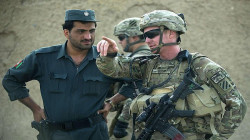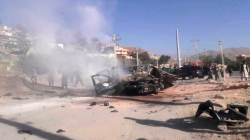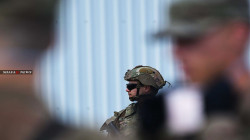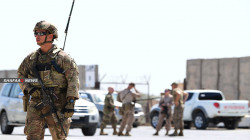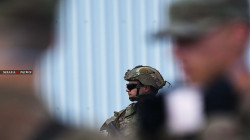Iraqi at Guantánamo Bay to Plead Guilty in Afghan War Crimes Case
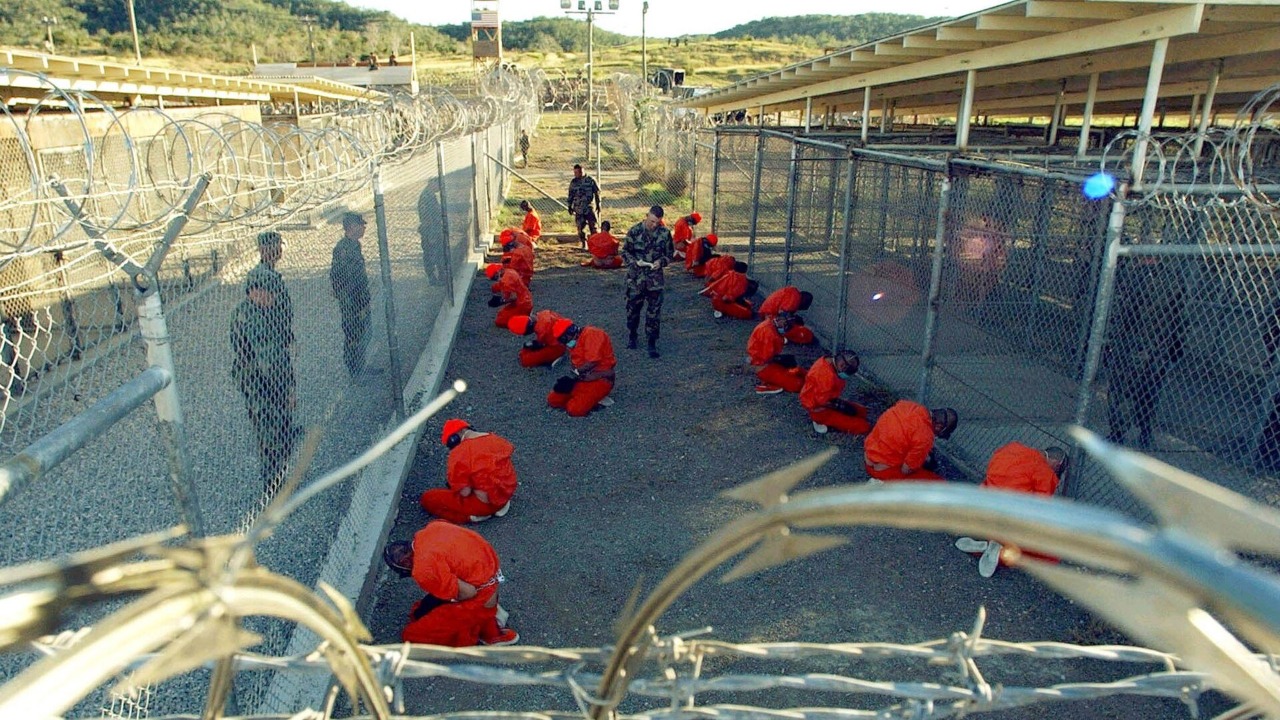
Shafaq News/ Abd al-Hadi al-Iraqi, who is accused of leading forces that killed U.S. and allied troops, is disabled. A resolution of his case would involve finding a country to take him into custody.
A disabled Iraqi prisoner at Guantánamo Bay has reached an agreement with military prosecutors to plead guilty to war crimes charges related to his role as a commander of insurgent forces in Afghanistan in the early 2000s, lawyers disclosed in court Friday.
The secret agreement in the case of Abd al-Hadi al-Iraqi is the first reached during the Biden administration, which has indicated it would support plea bargains to resolve long-running, sometimes stalemated war crimes cases at Guantánamo Bay. Prosecutors are also negotiating with the five men who are accused of plotting the attacks of Sept. 11, 2001, a process that is expected to be more complicated because of the crime and the punishment sought, the death penalty.
But the case of Mr. Hadi is poised for a more swift resolution.
Lawyers disclosed in court Friday that they had reached a preliminary agreement in May and completed a document on Thursday that accounts for his crimes as a way of averting a trial.
Prosecutors had sought at most life in prison in a case that cast Mr. Hadi as Osama bin Laden’s liaison to the Taliban and as a commander of insurgents who had attacked and killed American and allied forces as well as medical and humanitarian relief workers in wartime Afghanistan and Pakistan from about 2003 to 2004. He was also accused of helping the Taliban blow up monumental Buddha statues in Afghanistan’s Bamiyan Valley, a UNESCO World Heritage site, in March 2001.
Details of the deal, including for which of those attacks Mr. Hadi has agreed to accept responsibility, could be disclosed as early as Monday.
At a hearing Friday, the military judge, Lt. Col. Mark F. Rosenow of the Air Force, revealed the existence of the agreement but noted discrepancies in documents he would use to question the prisoner on his understanding of the crimes, and whether he had voluntarily entered into the agreement. Prosecutors and defense lawyers said they would work through the weekend, in tandem with the senior Pentagon official who had approved the deal, to address the judge’s concerns.
Most details of the agreement were under seal Friday, including the length of the sentence a military jury would be asked to consider.
But in a portion of the pretrial agreement that was signed in May, both sides agreed to postpone the prisoner’s sentencing hearing until 2024 to give U.S. diplomats time to find a country to take custody of him and provide him with medical care for a degenerative spine disease that has become acute during his military detention.
Mr. Hadi, who says his true name is Nashwan al-Tamir, has been disabled since 2017, when guards found him partially paralyzed and incontinent in his cell as a result of degenerative disk disease. With a hurricane heading toward the base, the Navy rushed in a neurosurgical team for the first of five operations that disrupted the timeline toward trial. Last year, a Navy neurosurgeon recommended a sixth operation to correct one of the earlier surgeries.
By law, he cannot be treated in the United States. Military planners are figuring out how to get an MRI machine and other equipment to the base for the next surgery, which has not been scheduled.
Guards consistently bring him to court in a wheelchair, and a hospital bed is wheeled in for his hearings, in case he becomes so drowsy from painkillers he wants to lie down.
Susan Hensler, the defense lawyer for Mr. Hadi, protested the weekend delay. “Mr. al-Tamir is a very sick man,” she told the judge, asserting that U.S. diplomats would not begin the process of searching for a nation to take and care for him until his guilty plea was accepted.
Mr. Hadi was captured in Turkey in 2006 and held by the C.I.A. before he was sent to Guantánamo Bay the next year. He was charged seven years later.
Source: The New York Times
